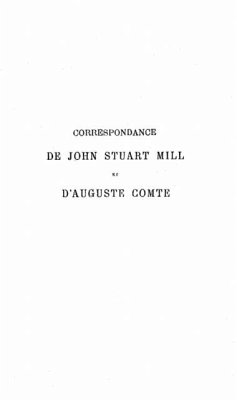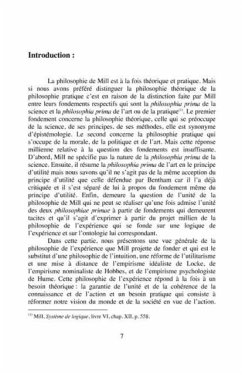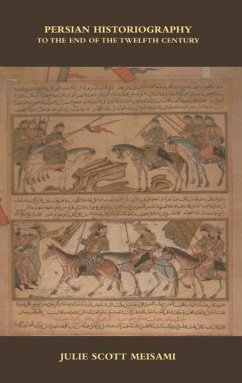
Autobiography of John Stuart Mill (eBook, PDF)
Versandkostenfrei!
Sofort per Download lieferbar
2,99 €
inkl. MwSt.
Weitere Ausgaben:

PAYBACK Punkte
1 °P sammeln!
John Stuart Mill (1806 - 1873) was a great liberal thinker of the nineteenth century, a noted philosopher, political theorist, and Member of Parliament. Mill was given a disciplined upbringing, his father deliberately shielding him from other children with the express aim of creating a philosophical genius to carry the mantle of utilitarianism, an ethical theory developed by Jeremy Bentham and in which Mill went on to develop his own conception. The pressure of his intensive study affected Mill's mental health and he had a nervous breakdown at twenty. As Mill writes in chapter five of his auto...
John Stuart Mill (1806 - 1873) was a great liberal thinker of the nineteenth century, a noted philosopher, political theorist, and Member of Parliament. Mill was given a disciplined upbringing, his father deliberately shielding him from other children with the express aim of creating a philosophical genius to carry the mantle of utilitarianism, an ethical theory developed by Jeremy Bentham and in which Mill went on to develop his own conception. The pressure of his intensive study affected Mill's mental health and he had a nervous breakdown at twenty. As Mill writes in chapter five of his autobiography, this was triggered by the huge physical and mental strain of his studies suppressing his natural childhood feelings.
Dieser Download kann aus rechtlichen Gründen nur mit Rechnungsadresse in A, B, BG, CY, CZ, D, DK, EW, E, FIN, F, GR, HR, H, IRL, I, LT, L, LR, M, NL, PL, P, R, S, SLO, SK ausgeliefert werden.













